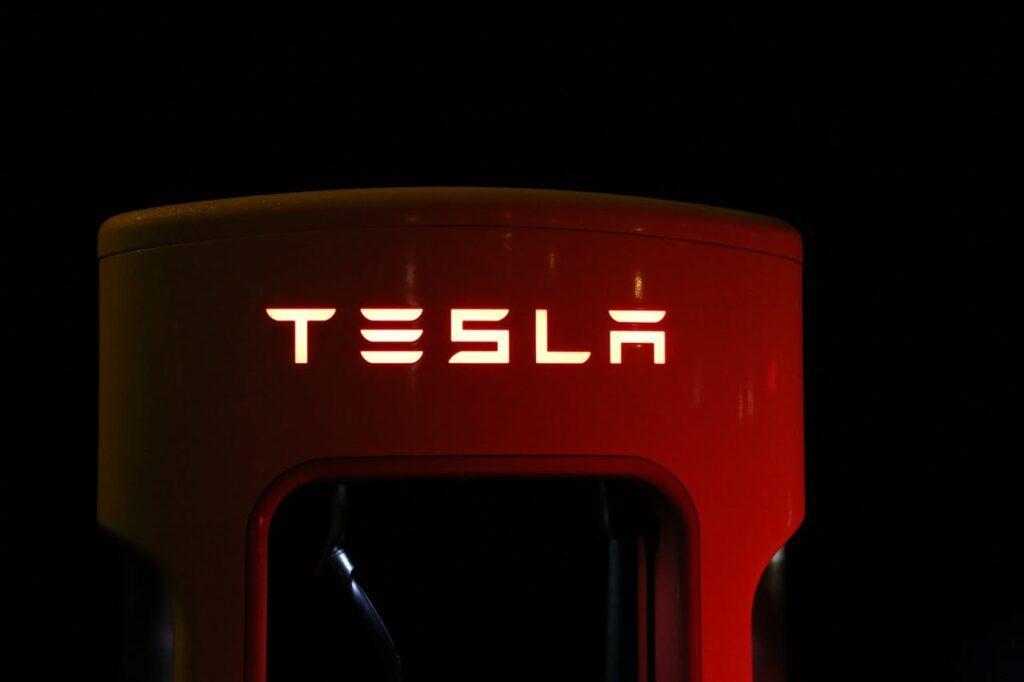
In recent years, electric vehicles (EVs) have surged in popularity, sparking a revolution in the automotive industry. With advancements in technology, increased environmental awareness, and significant policy shifts, the question on everyone’s mind is: Are EVs the future? Let’s delve into the factors driving this change and explore what the future holds for electric mobility.
Environmental Impact
One of the most compelling arguments for EVs is their potential to reduce greenhouse gas emissions. Traditional internal combustion engine (ICE) vehicles are a major source of carbon dioxide and other pollutants, contributing to climate change and air quality issues. EVs, on the other hand, produce zero tailpipe emissions, making them a cleaner alternative. As the global community strives to meet climate goals and reduce carbon footprints, the shift to electric mobility appears to be a crucial step forward.
Technological Advancements
Technological innovations have significantly improved the performance, range, and affordability of EVs. Modern electric vehicles now boast ranges that comfortably meet the needs of most drivers, with some models exceeding 300 miles on a single charge. Battery technology is continually advancing, leading to faster charging times and longer-lasting batteries. Additionally, the integration of smart features and autonomous driving capabilities is making EVs more attractive to tech-savvy consumers.
Economic Factors
The cost of owning and operating an EV is becoming increasingly competitive with traditional vehicles. While the initial purchase price of an EV can be higher, lower operating costs and government incentives often offset this difference. EVs have fewer moving parts than ICE vehicles, resulting in reduced maintenance costs. Moreover, the price of electricity is generally lower and more stable compared to gasoline, leading to significant savings over the vehicle’s lifespan.
Infrastructure Development
A key factor in the adoption of EVs is the availability of charging infrastructure. Governments and private companies are investing heavily in expanding the network of charging stations. This includes rapid chargers that can replenish an EV’s battery in a fraction of the time it takes for a standard charge. As the charging infrastructure continues to grow, the convenience of owning an EV will only increase, reducing range anxiety and making long-distance travel more feasible.
Policy and Regulation
Government policies and regulations are playing a crucial role in accelerating the transition to electric vehicles. Many countries have set ambitious targets for phasing out the sale of new petrol and diesel cars, some as early as 2030. Incentives such as tax credits, rebates, and subsidies are making EVs more affordable for consumers. Additionally, investments in renewable energy sources are ensuring that the electricity used to power EVs is increasingly sustainable.
Industry Commitment
Automakers worldwide are committing to the electric future. Major brands have announced plans to significantly increase their EV offerings or transition to producing only electric vehicles within the next decade. This commitment from the industry signals a clear direction toward electric mobility, with a growing variety of models catering to different segments and preferences.
Conclusion
The future of transportation is undoubtedly leaning towards electric vehicles. With their environmental benefits, technological advancements, economic viability, and strong policy support, EVs are poised to dominate the automotive landscape. While challenges remain, such as further improving battery technology and expanding charging infrastructure, the momentum is undeniable. As consumers, governments, and industries align in their efforts, the era of electric vehicles is not just a possibility—it’s an impending reality.
Stay tuned to KnowYourWheel for the latest updates, reviews, and insights on the electrifying journey ahead!